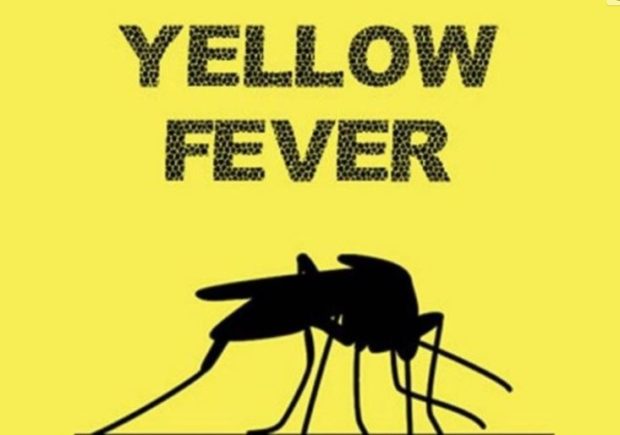This follows interim laboratory results of an unusual disease from the region, a press release from the Service, copied to the Ghana News Agency said.
It said the disease was presumed to be Yellow Fever and that samples had been shipped for final confirmation.
The release, signed by Dr Patrick Kuma-Aboagye, Director General of the GHS, said tests for other Viral Hemorrhagic Fevers like Ebola, Lassa, Marburg and Zika were all negative.
The affected persons were nomads in selected communities in West and North Gonja of the Savannah region, who had never been vaccinated against Yellow Fever.
The GHS urged all persons from the Region who had fever, general weakness, headache, nausea and vomiting to immediately report to the nearest health facility.
It encouraged individuals who had never been vaccinated against Yellow Fever to do so.
“Avoid mosquito bites by wearing clothing that cover all parts of the body and report to the nearest health facility if you have fever and, especially when you have yellowish discoloration of your eyes,” the Service advised.
A team of experts from the Service, Center for Disease Control (CDC) Ghana, World Health Organization (WHO) Ghana, and the Noguchi Memorial Institute for Medical Research (NMIMR) has been deployed to support the Savannah Region to investigate and institute appropriate control measures.
A person with Yellow Fever may have fever and jaundice in the early stages and later bleed from any of the body openings like the nose and mouth.
One may contract Yellow Fever through the bite of the Aedes mosquito and prevention is mainly by taking the Yellow Fever vaccine or preventing the bite of a mosquito.
A Yellow fever vaccine provides lifelong immunity to an individual.
GNA
 Home Of Ghana News Ghana News, Entertainment And More
Home Of Ghana News Ghana News, Entertainment And More





